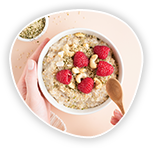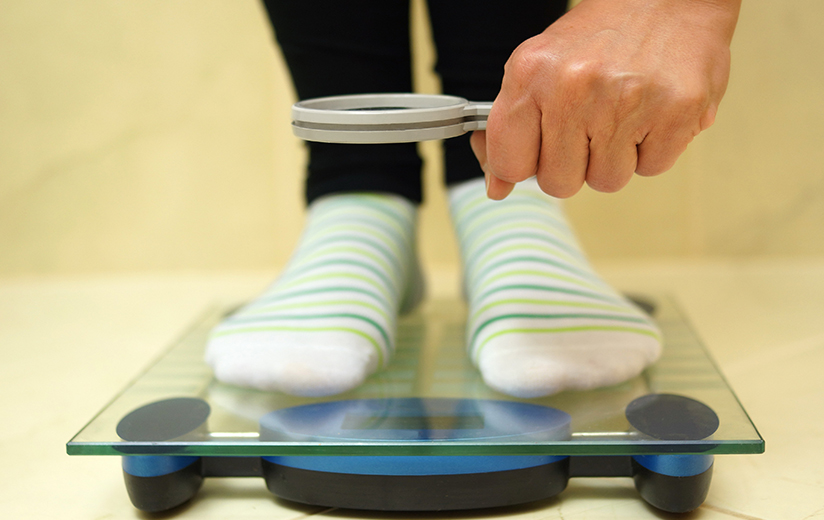Nutrition during the exams period
Nutrition during the exams period- How to recharge your batteries
Maria Skoura
During adolescence, students are mentally stressed, particularly during the exams period. Teenagers experience high levels of anxiety, that need to be kept under control, if they want to achieve their goals. During periods of stress, breathing is accelerated, your heart beats faster and louder and your body needs more energy. This means more food, which brings up the question of food choice. Nutrition, during this critical period, plays an important role in achieving your goal. Of course, it is very important to always take care of yourself by following a healthy diet and not only during the exam period. Here are some tips for maximum intellectual output, to increase your concentration, improve your memory and help your body overcome the challenge of exams.
Have a nutricious breakfast – the more important meal for the intellectual output. You can add cereals and a spoonful of walnuts in your milk or some dry fruits to provide your body with Ω3 lipids that improve blood circulation and brain activity. Fresh fruit is also good sources of vitamin C that contributes to strengthening you immune system and helps your body cope with stress.
Do not forget the small in-between meals – they boost the production of glucose in the brain, which is essential for the intellectual activity. This is successfully achieved by eating fresh fruit combined with one or two spoonfuls of raw, saltless dry fruit. You may also combine fresh fruits or juices with cereal bars or digestive cookies. In the afternoon, you can have yoghurt with fresh fruit and one – two teaspoons of ground dry fruit, some honey and cinnamon as a meal, that adds to your daily diet more nutritious components, such as protein and calcium.
Avoid long and heavy meals – especially in the evening, since a high- fat dinner, including cold cuts and fried food, can have a negatively effect on the quality of your sleep and also affect your intellectual output. A green salad with one serving of meat, fish or cheese and a slice of rye bread or a barley rusk, is a complete and light meal.
Drink plenty of fluids: A well hydrated body can cope better in periods of intellectual activity, such as the examinations. Try drinking water on a regular basis, but also fresh juices with no added sugar. Drink milk also, but be careful not to have too much coffee. The overconsumption of caffeine intensifies anxiety and affects the intellectual output. One to two cups per day are more than enough.
All the above mentioned tips can help your body’s performance, improve your intellectual activity and memory, helping you succeed in your exams.
Maria SkouraNutritionist, Scientific Associate of the Greek Society of Adolescent Medicine















